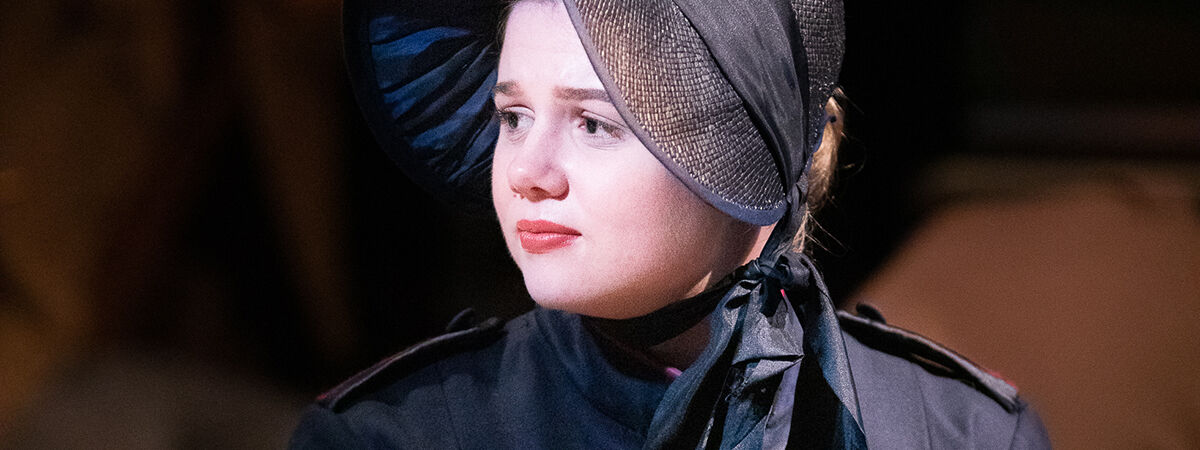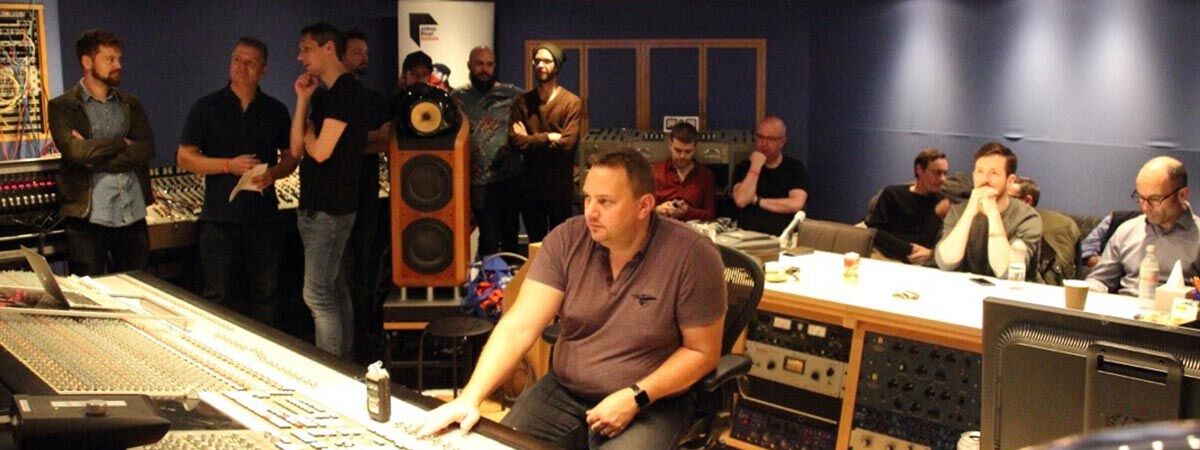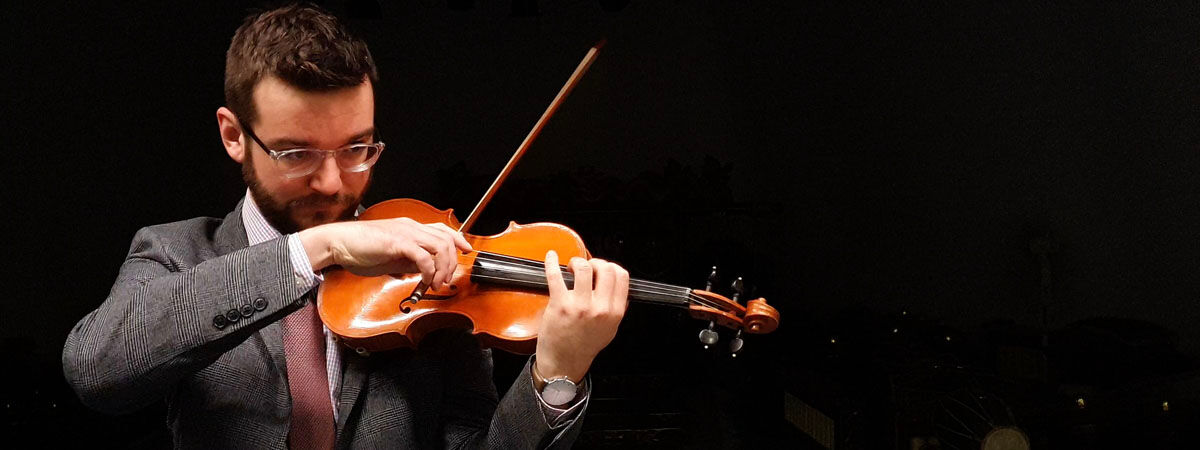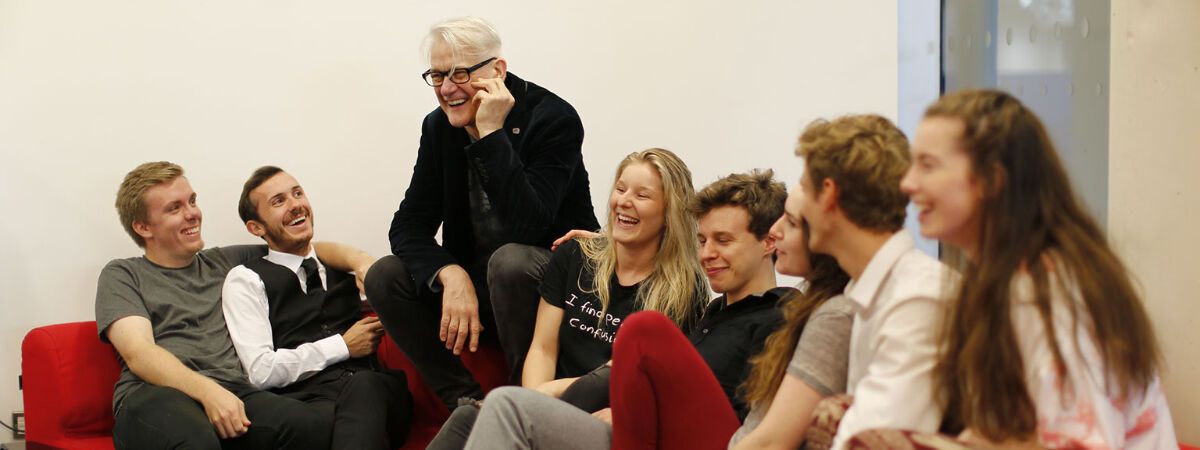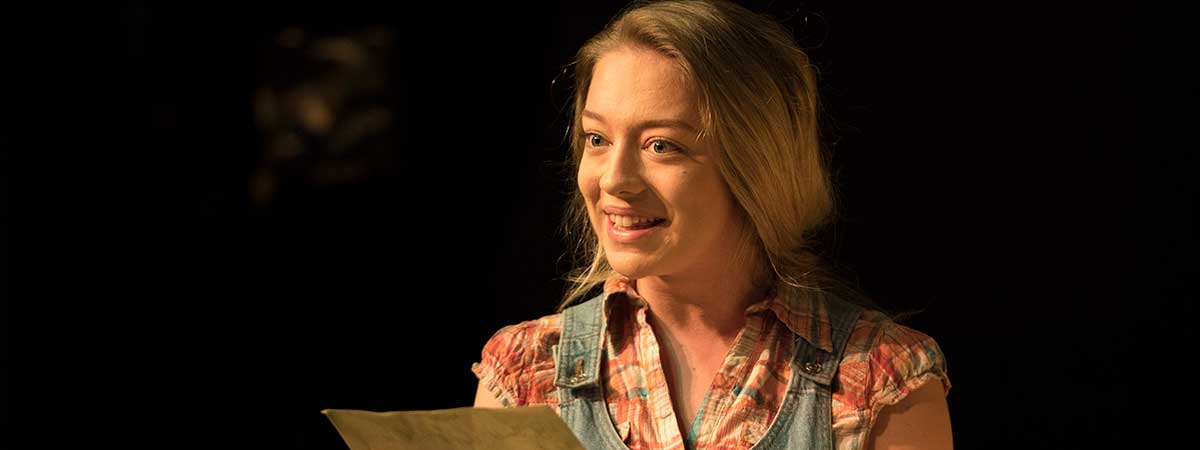Welcome to series 3 of ‘Passing the Baton’ where members of the Conservatoire community talk to each other about life in the time of Covid-19.
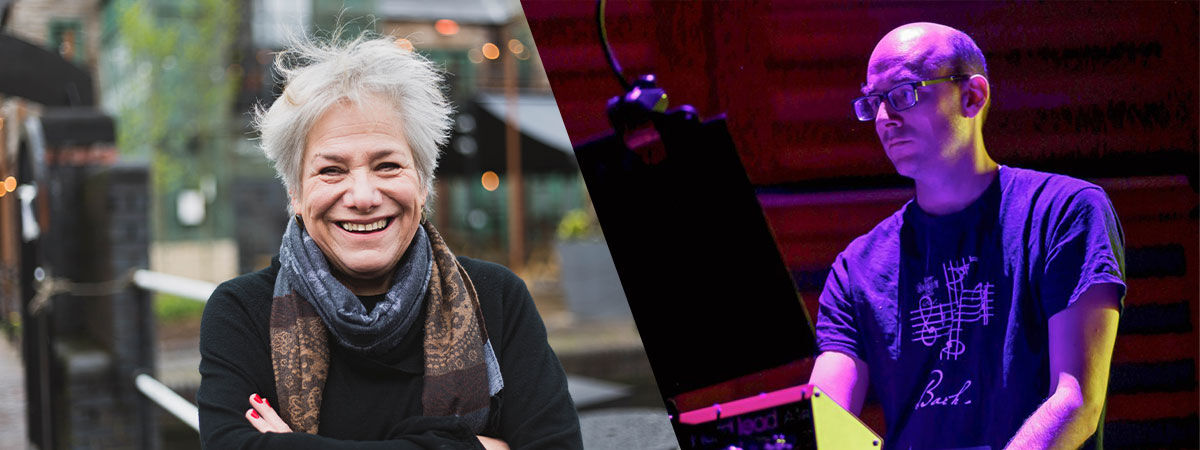
In Episode 4 Lise Olson, Course Director, MA in Acting, talks to Early Music Lecturer and Instrument Curator Martin Perkins. This interview was conducted before the return to lockdown on 4 November 2020.
Lise Olson (LO)
How did you fare during lockdown? What kept you sane?
Martin Perkins (MP)
Lockdown was surreal. Everyone in my family had low points at some point over the summer, but we got through it with walks, cooking and movies. Do you get a prize for watching all of Netflix? It was great to have the time to catch up properly with family and friends; albeit virtually. When we could, we met up with friends in person, which felt like a huge treat that we didn’t take for granted. For the first time probably in years, I did some serious practice early in lockdown and contributed to a local daily live music series a few times – live-streaming from our front room. I did a live concert earlier in the term and have another one in December, but missed out on many concerts at Easter and an opera production in the summer.
LO
What was your favourite lockdown piece of music?
MP
Most of my listening was of podcasts, which, rather like discovering a new composer or artist, I binged on until I finished all the episodes.
LO
Has your job as instrument curator changed at all with regard to Covid-19 protocols? If so, in what way?
MP
It was strange being away from the Conservatoire for so long. I’m usually in over the summer a fair bit getting instruments serviced and repaired ready for the new academic year, so I was always going to be on the back foot once we were allowed back in the building. I’ve had many conversations with colleagues near and far about how we should be using musical instruments in this era of Covid-19, and it’s frustrating that changing evidence and guidelines have impacted so much on the students.
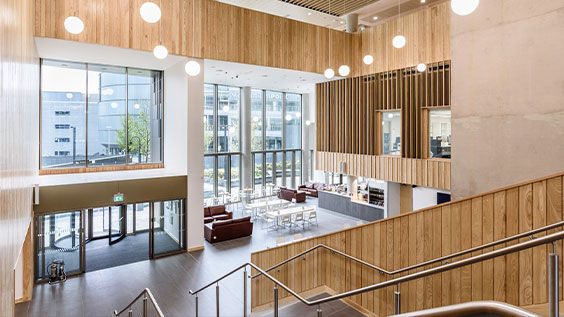
LO
Do you think that performing, and those wishing to study performance, will be changed forever as we have now been deemed ‘nonviable’?
MP
The whole ‘nonviable’ thing is depressing, but it’s good that all our creative industries are coming together to make the issue centre stage. I think performance has changed forever now. Many of my professional colleagues were against the online cultural giveaway that now seems to be normal. Whilst there might be some truth in the sentiment that if you give away things for free now, audiences will expect and demand it in the future, the current situation has brought these issues more to the fore than ever before. We’ve had decades of the arts becoming more available for free via the internet – whether legally, or with very little recompense to the artists – so the last eight months has just accelerated this process. This doesn’t mean we don’t need musicians, performers, actors, artists in the future, but we need to equip the next generation with the skills to work in this new environment.
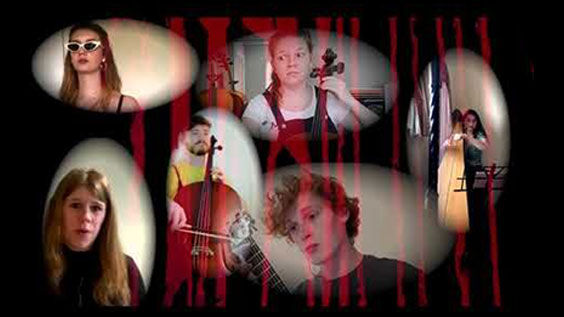
LO
Do you feel that the pandemic has changed your teaching in a specific way?
MP
I’ve definitely changed my approach to teaching. I prepared a lot of teaching material over the summer and made sure that it was future-proof, so that I could use it once we’re back to normal. This included creating specific exercises, recording accompaniments and pre-recording lectures. Now we’re back teaching, I’ve realised just how valuable it is to have quality time with students; whether that’s face to face or online, so there’s even more I can do to make the most of the situation.
LO
Thanks Martin.
Next episode: Martin talks to BMus 2 clarinettist Maisy Neale.
